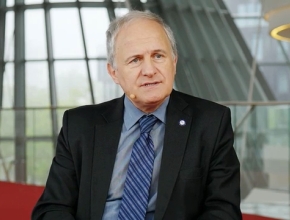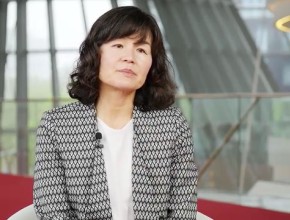It has already been several years since the wide adoption of new oral anticoagulants, such as dabigatran or rivaroxaban. Are we able to estimate how it has influenced the rate of gastrointestinal bleeding (GI) worldwide?
Janusz Jankowski: Yes, that is an excellent question. I think, unfortunately, it is not something we have considered adequately until now. There is some early evidence that indicates that the newer generation of anticoagulants probably increases the relative risk of GI bleeding by 1.5. What that means is that it is equivalent to taking low-dose aspirin, so we are putting more patients on the drugs which are going to increase the likelihood of GI bleeding. I think what we will see is more and more causes of GI bleeding due to this, and particularly where there is a combination between nonsteroidal drugs — aspirin — and some of these new oral anticoagulants. I think there will be a slow but general increase in the use of these drugs, and what is needed is better evidence and screening of patients who may be at risk with peptic ulceration.
 English
English
 Español
Español
 українська
українська











